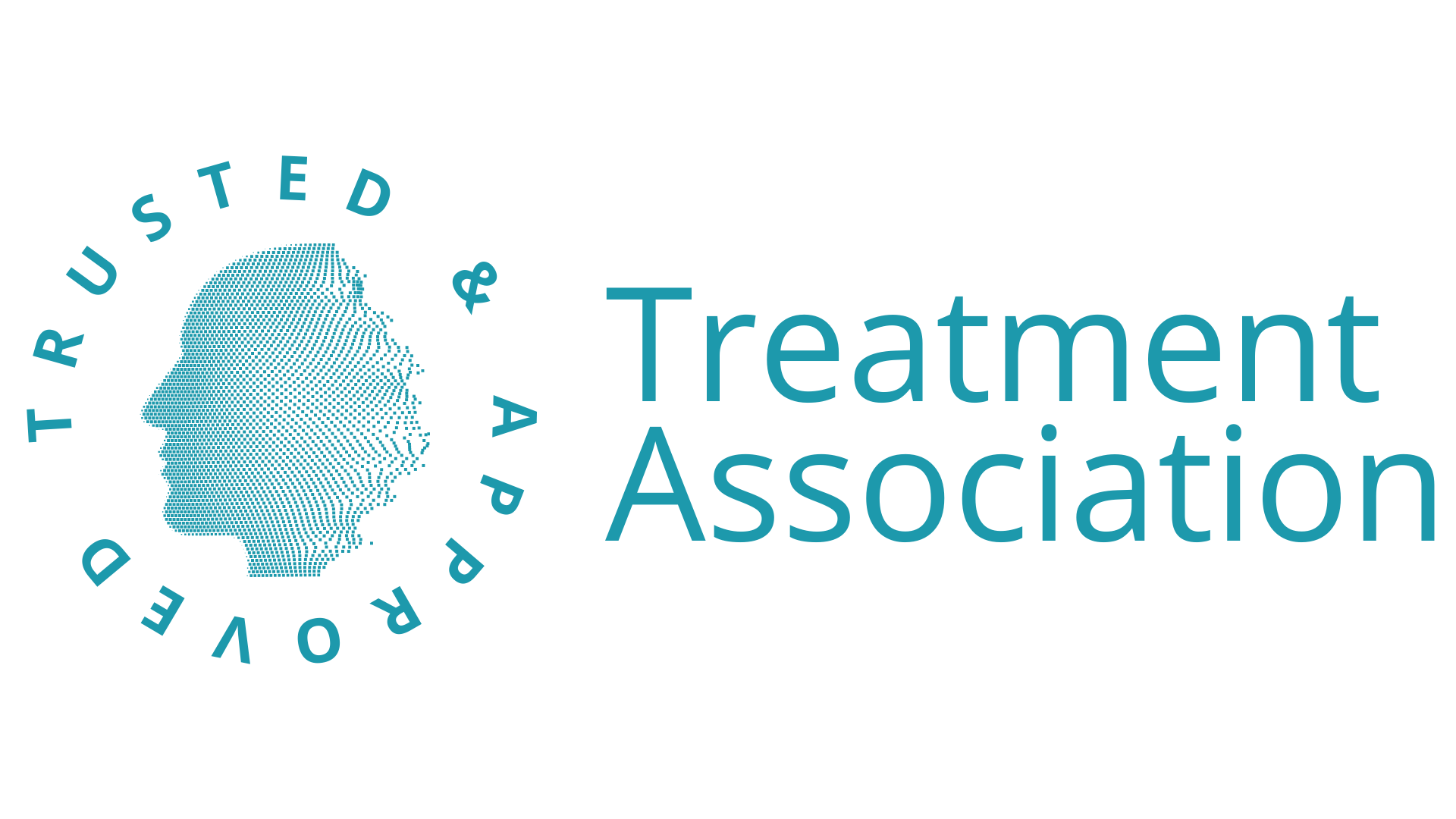When seeking treatment for addiction, one of the most critical decisions you’ll need to make is whether to pursue inpatient or outpatient treatment. Both options have their advantages and disadvantages, and the right choice will depend on various factors, including the severity of your addiction, your personal preferences, and your support network.
In this blog, Treatment Association will explore the differences between inpatient and outpatient treatment and help you determine which is the right choice for you or your loved one.
Inpatient Treatment
Inpatient treatment, also known as residential treatment, involves living at a treatment facility for the duration of your treatment program. Inpatient treatment typically lasts for 30 to 90 days, though some programs may last longer.
- Advantages of Inpatient Treatment
- One of the main advantages of inpatient treatment is that it provides a structured, immersive environment that removes you from the distractions and triggers of everyday life. This can be especially helpful if you have a severe addiction or have tried outpatient treatment in the past without success.
- Inpatient treatment also offers around-the-clock medical supervision and support, ensuring that you receive the care you need to manage withdrawal symptoms and other medical issues.
- Disadvantages of Inpatient Treatment
- One of the primary disadvantages of inpatient treatment is that it requires you to put your life on hold for the duration of the program. This can be challenging for people with work or family obligations, and it can be difficult to maintain employment or stay connected with loved ones while in treatment.
- Inpatient treatment can also be expensive, and many insurance plans have limits on the number of days they will cover. However, some facilities offer financial assistance or payment plans to help make treatment more accessible.
Outpatient Treatment
Outpatient treatment, as the name suggests, involves receiving treatment while living at home or in another non-residential setting. Outpatient treatment can vary widely in intensity, ranging from several hours per week to several hours per day.
- Advantages of Outpatient Treatment
- One of the primary advantages of outpatient treatment is that it allows you to continue working, attending school, or caring for your family while receiving treatment. This can be especially important for people with significant responsibilities or those who are unable to take time away from their lives for inpatient treatment.
- Outpatient treatment is also typically less expensive than inpatient treatment, and many insurance plans cover outpatient services. This can make it a more accessible option for people who are unable to afford inpatient treatment.
- Disadvantages of Outpatient Treatment
- One of the primary disadvantages of outpatient treatment is that it can be more challenging to avoid triggers and distractions while living at home. This can make it more challenging to maintain sobriety, especially in the early stages of treatment.
- Outpatient treatment also typically provides less intensive medical supervision and support, which can make it more challenging to manage withdrawal symptoms and other medical issues.
Which is Right for You?
Determining whether inpatient or outpatient treatment is right for you will depend on several factors, including:
- The severity of your addiction
- Your support network
- Your living situation and responsibilities
- Your personal preferences
If you have a severe addiction or have tried outpatient treatment in the past without success, inpatient treatment may be the right choice for you. On the other hand, if you have a strong support network and significant responsibilities, outpatient treatment may be a better fit.
Ultimately, the decision will depend on your individual needs and circumstances, and it’s important to work with a qualified treatment provider to determine the right course of action.
Treatment Association Can Help
If you’re struggling with addiction and unsure which treatment option is right for you, Treatment Association is here to help. Our online directory features a comprehensive list of the best treatment facilities across the country, making it easy to find a program that meets your unique needs.
Our team of addiction specialists can also provide guidance and support as you navigate the treatment process, ensuring that you receive the care you need to achieve lasting recovery.
In conclusion, both inpatient and outpatient treatment can be effective options for treating addiction, and the right choice will depend on a variety of factors. It’s important to work with a qualified treatment provider to determine which option is right for you and to take advantage of the support and resources available through Treatment Association to ensure that you receive the care you need to achieve lasting recovery.
Key Takeaways
- Inpatient treatment involves living at a treatment facility for the duration of your program and provides a structured, immersive environment that removes you from the distractions and triggers of everyday life. Outpatient treatment involves receiving treatment while living at home or in another non-residential setting and allows you to continue working, attending school, or caring for your family while receiving treatment.
- The right choice between inpatient and outpatient treatment will depend on several factors, including the severity of your addiction, your support network, your living situation and responsibilities, and your personal preferences.
- Treatment Association offers a comprehensive directory of the best treatment facilities across the country and can provide guidance and support as you navigate the treatment process.
If you or a loved one is struggling with addiction, don’t wait to seek help. Contact Treatment Association today to connect with the best treatment facilities and receive the support you need to achieve lasting recovery.






